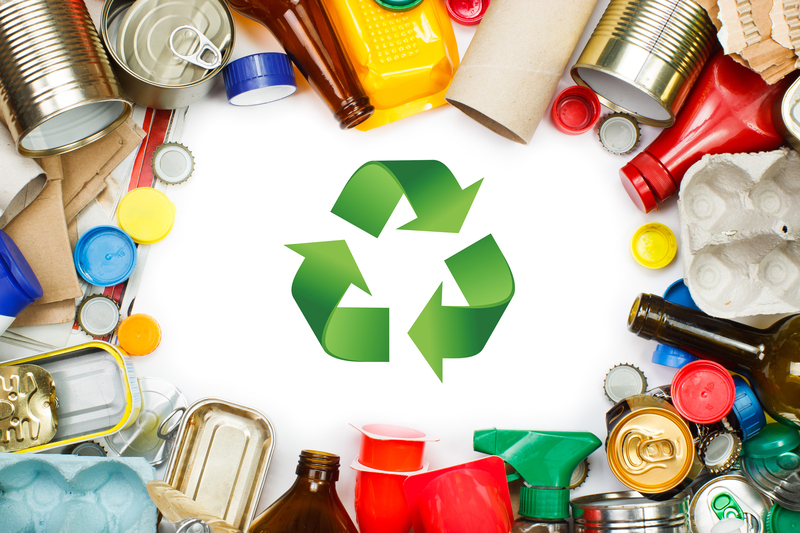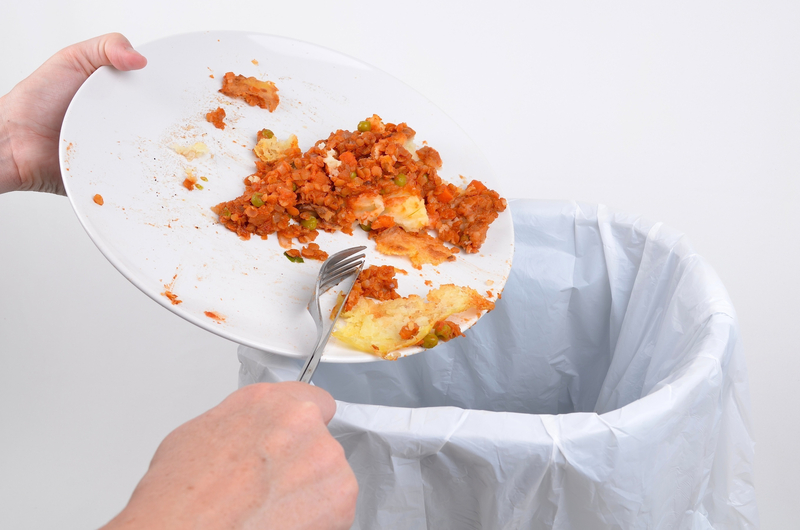How to Cut Costs When Removing Bulky Waste Items
Removing bulky waste items such as old furniture, appliances, mattresses, or garden debris can be a costly and daunting task. Whether you're clearing out your home, renovating, or simply trying to declutter, understanding how to minimize expenses when disposing of large waste is essential.
In this comprehensive guide, we'll explore savvy strategies and valuable tips to help you save money on bulky waste removal, while also being environmentally responsible. We'll cover clever alternatives to conventional collection services, effective DIY solutions, and ways to ensure you're getting the best deal for your needs.

Why Is Bulky Waste Removal So Expensive?
Bulky waste disposal involves various costs, including transportation, landfill charges, labor, and sometimes environmental fees. Large or heavy objects require special equipment and handling, which can significantly increase the price. Local council services may offer limited free collections, but many households turn to private waste removal companies or skip hire, both of which can quickly add up.
By understanding what influences the cost of bulky waste disposal, you can make informed choices and avoid unnecessary expenses.
Smart Strategies to Cut Costs
1. Take Advantage of Council Bulky Item Collection
Most local councils offer subsidized or even free bulky waste collections for residents. These services are often limited (e.g., a set number of items per year) but are by far the cheapest option if available.
- Visit your council website to check eligibility and booking procedures.
- Consolidate large items to maximize your quota for each collection.
- Prepare and place items according to council guidelines to avoid additional fees or missed pickups.
If you've already used your annual allowance, ask neighbors if you can combine waste for a future joint collection or check if discounts apply when scheduling multiple pickups together.
2. Reuse, Donate, or Sell Before Disposing
Before you pay for removal, consider the three Rs: Reuse, Recycle, and Resell. Many bulky waste items can be repurposed or given a second life.
- Donate to charity: Many organizations collect usable furniture and appliances for free. This not only helps you save on disposal costs but supports a good cause.
- Sell or give away: Use platforms like Facebook Marketplace, Craigslist, Freecycle, or Gumtree. Someone might pick up your item for free!
- Upcycle: Get creative! Old doors can become benches, pallets can become planters.
By diverting usable items from the waste stream, you reduce costs and cut down on landfill waste.
3. Hire a Man with a Van - The Budget DIY Removal
Hiring a "man with a van" service can be much less expensive than branded bulky waste collection companies or skip hire.
- Look for local providers with good reviews and waste carrier licenses to ensure responsible disposal.
- Negotiate the price by consolidating items or providing easy curbside access.
- Compare quotes from at least three providers.
Always ask for proof of waste disposal to avoid illegal fly-tipping fines.
4. Use Local Household Waste Recycling Centres (HWRCs)
Do you have access to a car or van? Taking bulky waste directly to your local recycling centre (often called a 'tip' or 'dump') is typically free for residents or incurs a minimal fee.
- Check opening hours and restrictions on vehicle size or waste types.
- Sort your items beforehand to avoid sorting fees at the site.
- Enlist help for heavy lifting to avoid injury.
Make it a group effort by offering to take neighbors' waste for a small fee or a favor in return.
5. Book a Skip Bag Instead of a Traditional Skip
Skip bags are a cheaper alternative for bulky waste removal than full-sized metal skips.
Benefits of skip bags include:
- Lower hire and collection fees
- No need for a permit if stored on private property
- Schedule pickup when filled at your pace
Skip bags are ideal for furniture, garden waste, and household clear-outs where volumes are moderate.
6. Share Costs with Neighbors
Don't shoulder the expense alone! Pooling resources with neighbors for a joint collection or skip hire is a smart way to split the bill.
- Coordinate a "community clear-out day" and hire one skip or collection service for everyone's unwanted items.
- Set clear rules on what can and cannot be included.
This approach not only cuts costs but encourages community spirit and helps everyone tidy up at once.
7. Compare Multiple Professional Services
Not all bulky waste removal services are equal. Prices, recycling rates, and customer service can vary widely.
- Request detailed quotes from at least three licensed waste disposal companies.
- Ask about additional fees for stairs, appliance removal, or urgent pickups.
- Read online reviews and check for certifications such as Waste Carrier Licenses.
Transparent pricing and responsible waste management are just as important as cost.
8. Avoid Hidden Charges
When booking a collection, read the fine print to dodge surprise fees.
- Watch for weight or volume limits.
- Check if dismantling items costs extra.
- Find out if labor charges apply for moving items upstairs or from end-of-garden locations.
Accurate photos and item descriptions will help you get fair and fixed quotes.
Environmental Considerations: Sustainable Bulky Waste Disposal
Cutting costs shouldn't mean ignoring the environment. Responsible bulky waste removal means recycling and reusing wherever possible, and ensuring waste is dealt with by licensed carriers.
- Choose providers with high reuse or recycling rates.
- Ask about landfill diversion and zero waste to landfill commitments.
- Responsible disposal reduces environmental impact and helps build a greener future.
What Items Count as Bulky Waste?
Understanding what qualifies as "bulky waste items" can help you plan and avoid mix-ups with regular household rubbish.
- Furniture (sofas, beds, wardrobes, tables, chairs)
- Large appliances (refrigerators, ovens, washing machines, tumble dryers)
- Bedding and mattresses
- Carpets and rugs
- Whitegoods and TVs
- Large garden waste (branches, logs, fencing)
- DIY waste (doors, bathtubs, tiles)
Hazardous items or construction waste may not be accepted by standard bulky waste services, so always check with your provider.
FAQ: How to Save Money on Bulky Waste Disposal
Can I leave bulky waste items outside for free collection?
Never place large items on the street in hopes of a free pick-up--this is considered fly-tipping and is illegal. Always arrange official collection or seek private removal.
Is it cheaper to hire a van and take items to the tip myself?
If you have access to a vehicle and can lift items, a DIY trip to your local tip or recycling centre is often the cheapest bulky waste removal option. Be aware of restrictions on commercial vehicles, and bring proof of residency.
How can I get rid of furniture for free?
Donate to charity shops, list items as "free to collect" online, or offer to friends and neighbors. If the item is in good condition, there's a good chance someone will take it, saving you time and money.
What happens if my waste is disposed of illegally?
If someone you hire fly-tips your bulky items, you can be fined as the producer of the waste. Always use licensed waste carriers and ask for a waste transfer note.

Summary: Key Tips to Reduce Bulky Waste Removal Costs
- Start by reducing waste - sell, donate, or reuse whenever possible.
- Utilize free or subsidized council collections where available.
- Pool efforts with neighbors to benefit from joint services.
- Compare multiple removal quotes and clarify all potential charges before committing.
- Choose environmentally responsible disposal options to benefit both your wallet and the planet.
By planning ahead and making smart choices, anyone can reduce the cost of large item disposal and make their home or office clutter-free without breaking the bank.
Conclusion: Responsible and Economical Bulky Waste Removal
Removing bulky waste items doesn't have to be overwhelming or expensive. By applying the strategies detailed in this guide--from exploiting free community options to embracing DIY and sharing costs--you'll enjoy a cleaner space while saving money.
Remember: dispose of items responsibly, compare services, and prioritize reuse and recycling to lower both costs and environmental impact.
Follow the steps above to handle your bulky waste removal needs efficiently and affordably. An organized, eco-friendly clear-out is well within reach!
